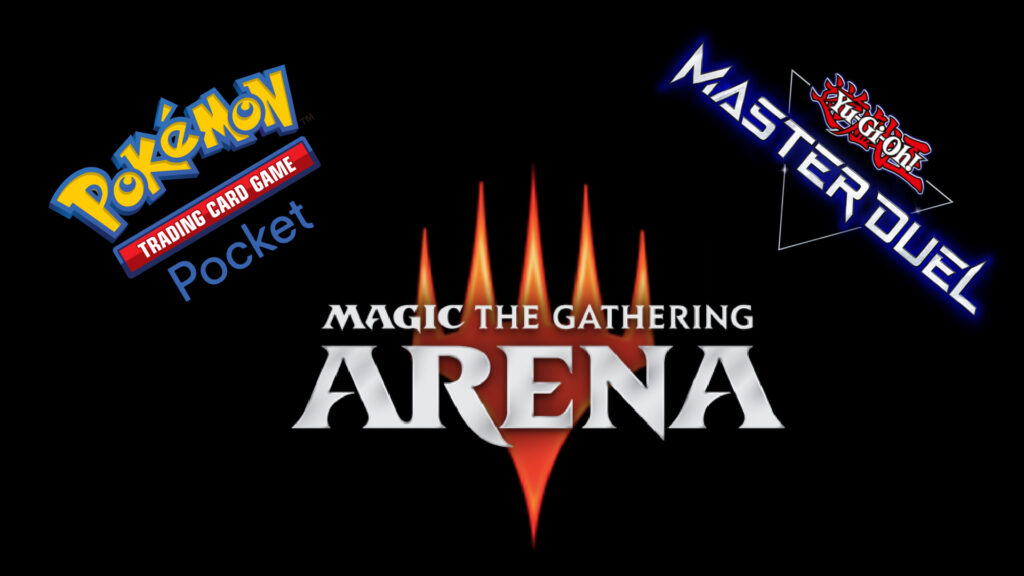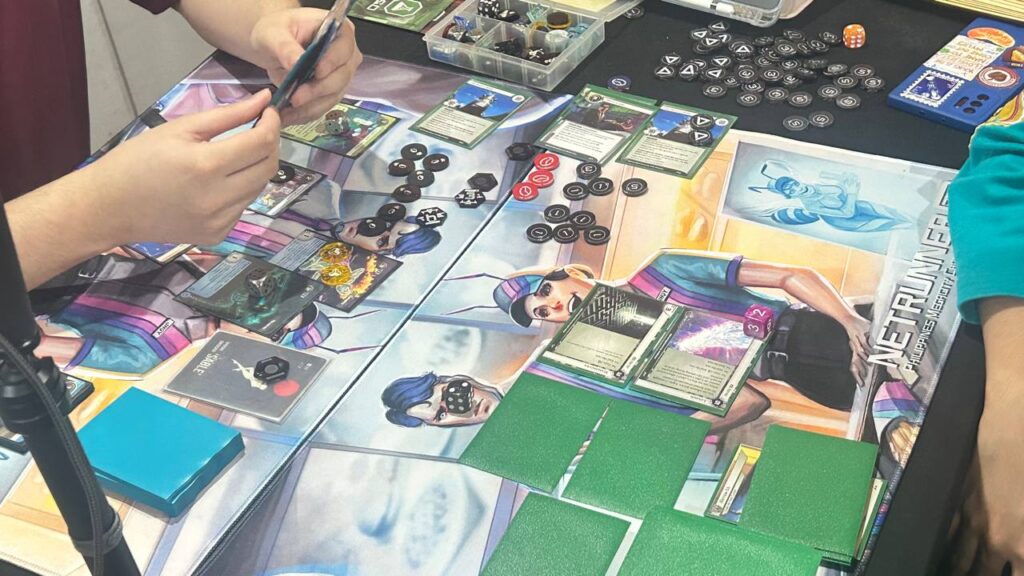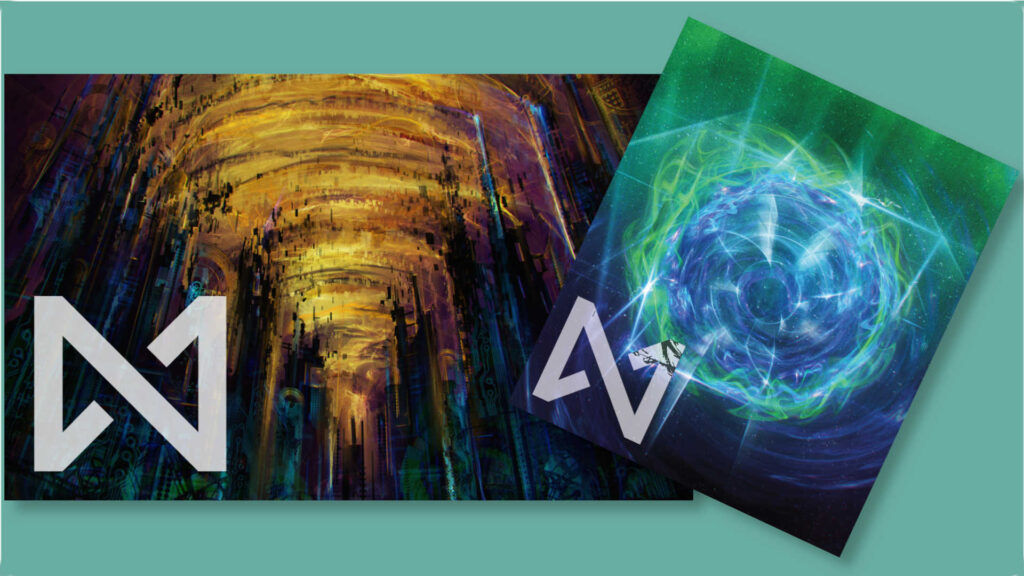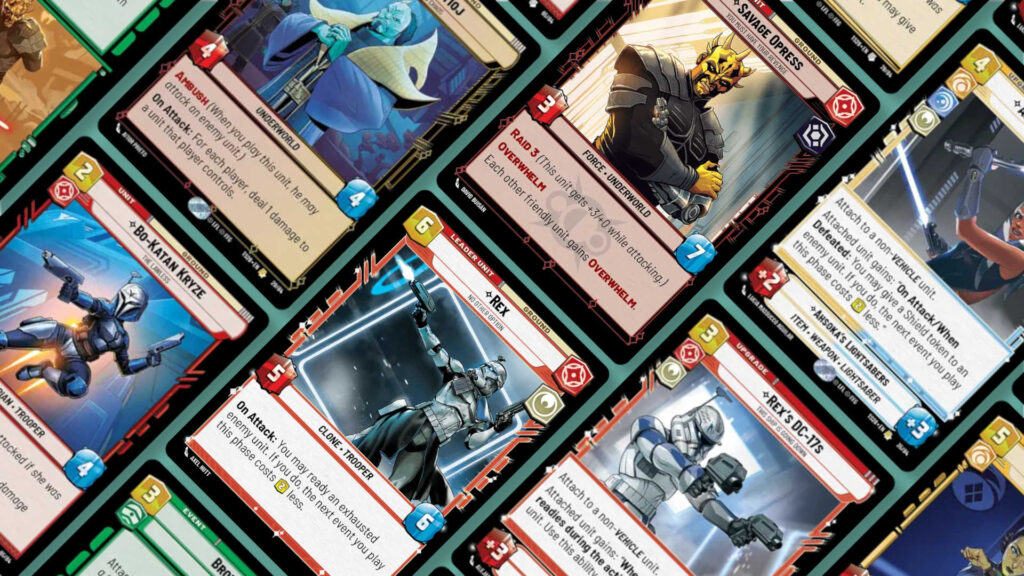Since the advent of the internet, accessibility has been at the forefront of much of the conversation of computer science. We as a society have tried so hard to automate things – occasionally to our detriment, but I digress – and we still have a long way to go. But one of the most popular things that this automation has yielded is digital gaming, and, in the context of disability, no digital gaming simulation currently exists in a truer form than digital card gaming.
In this article, I want to explain a few aspects of accessibility in digital card gaming that make the medium so important for card gaming and gaming as a whole. To do this, I will be using three well-known examples: Magic: The Gathering Arena, Yu-Gi-Oh! Master Duel, and Pokémon TCG Pocket. It is my hope that you’ll understand a few things considerably more by the end of it.
Table of Contents
ToggleA Preamble to the Article
I’ve written a lot of articles for Card Gamer over the last several months. It was a great time, sourcing news and evergreen content alike to cover for all of you. So when I asked my editor, “Hey, for my final evergreen article,” as this is my last evergreen piece for Card Gamer, “What should I write about?”, he replied, “Write about what makes you happy.”
I thought a long while about this. Not because it was particularly difficult to find something to write – card games make me happy, after all – but because I wanted to end on a meaningful note here. This article, pertaining to the accessibility that digital gaming provides players, is what I ultimately landed on. I hope this article rings true for many of you in my situation, and I hope, too, that you aren’t forced into a situation that needs this article.
My Background
I started my foray into card gaming somewhere between 1998 and 1999. A friend in elementary school gave me a Base Set copy of Diglett and Machop, presumably from a Pokémon TCG starter set. I was soon hooked on the entire Pokémon franchise. I still am, as such was the grip of “Pokémania” at the time. What a joy to collect trading cards with characters from my favorite show on them! The late ’90s were a time.
In 2001, I was entrenched in the Pokémon TCG, but in August, something shifted for me. A friend of mine introduced me to Magic: The Gathering. As a young kid growing up in a remote part of Queens, in New York City, I greatly desired to be relatable and relevant with my peers. My friend taught me the basics of the game, and soon thereafter, I bought the “Infestation” Starter Deck from 7th Edition and started playing. Poorly, I should add, but that’s how everyone really starts their gaming journey.
September 11th, 2001, and the Desperate Cling to Nostalgia
Now, if you read that previous paragraph again, you’ll notice that I hinted at a few things to come. It was August 2001, and I was a nine-year-old living in NYC. Risking sounding flippant, most of you can guess what happened the following month.
I think the September 11th attacks affected many people in my generation in a very different way from the older generations. As a society overall, we often view the collapse of the Twin Towers as a turning point in the world’s history. As a millennial there at the time, I view it as a decisive moment for me, and for many others in my generation. So many of us lost our innocence, our childhoods, when we saw the Towers fall on live television, and we had to make a choice then and there. Instead of looking towards a bleak future that only felt like it got bleaker as years pressed on, I clung to the before-times. The most recent obsession I had before 9/11/01 was Magic; ultimately, it’s still my most prominent hyperfixation.
Magic helped me cope during this era in such a profound way. And, in 2002, Yu-Gi-Oh! joined the trifecta of card games I enjoyed playing and collecting. I had the Big 3 all laid out for me, and I was living it up in a world that was otherwise so unbelievably cruel.
March 2017, and a Fall From Grace
Fast forward to March 2017. I was almost two years out of college, and tensions for me to move were pretty high. I even found a place to move to, somewhere up in Western New York. But two weeks before I could make the move, it fell through. I had to explain to my family that I needed to reevaluate things. They weren’t happy with this and blamed the falling through squarely on me.
I decided I needed to take a walk at our local national park to clear my head.
A couple of days later, I woke up on the shoreline of that park’s beach with horrendous nerve damage. I suddenly couldn’t use my legs or my dominant arm. Apparently, I fell and went unconscious, and that was that. I was out cold for a day and a half, it seems, and over that time, I developed a sciatic nerve compression. I was stuck in a hospital for nearly 2 months, recovering slowly, without any access to physical therapy, because my insurance was not willing to cover it.
Nowadays, while I’m largely recovered, I’m still not quite able to lift my left ankle. I often trip on my own foot because I didn’t raise my leg enough when walking. But I’m here and I’m okay, and that’s what’s important here.
Why did I tell you all this? Well, you need to know that this article comes from a place of knowledge and experience. I’m not just an able-bodied person pandering to a crowd that doesn’t need to hear my story. This is an important subject to me, and I want to make sure you know what’s what before I discuss it.
Digital Gaming Is Accessible Gaming
In an age where the physical card game must transcend into a digital form to stay current, at least in part, digital card games are such an important means to bring accessibility to a wider player base. There are plenty of ways that the medium allows players to play in a venue that is largely judgment-free and accessible.
Digital Card Games Are Everywhere
Games like Magic: The Gathering Arena and Yu-Gi-Oh! Master Duel are extremely low-barrier if you want to begin your foray into a digital card game. All you need is an internet connection, a device, a basic understanding of what you’re about to play, and the respective app.
Many digital games even have multi-platform functionality. You can play Arena on Windows, on Mac, on Android, and on iOS at the time of writing. Master Duel is on all current consoles and on Windows. And while Pokémon TCG Pocket is only on mobile devices right now, it only came out late this past October.
Digital Card Games Are Free-to-Play (Unless You Want to Pay)
But perhaps one of the best parts of digital card gaming is that, unless you want to pay for an even smoother experience, many of these games are free to play. Many players seem to gripe about the predatory aspects of the three games I’ve mentioned, but remember, you don’t have to pay for that extra pack or that monthly subscription if you don’t want to.
Let’s face facts: playing these games physically is not cheap. Class conscientiousness is part of accessibility, and it’s great that these digital games don’t always have a total paywall.
You Get to Play Against People All Over the World, and From Home
I’m often faced with fatigue from the nerve damage from my compression. I can’t exactly drive because of the nerve issues, so I often rely on lifts from friends to get me to my local game store. So when I want to play a game but I can’t find a lift, digital gaming really helps to alleviate that urge. It’s great, too, because from the comfort of my desktop, I can play Arena with pretty much anyone else online. That could be anyone in the world. The same goes for Master Duel or PTCGP.
What’s more, while roping and other somewhat toxic play patterns exist on these platforms, the programs and apps are designed not to let other players interact with you in a way that is inherently septic. You can only get chat requests from friends on Arena, for example. So, even if your opponent is a complete bully, they won’t be able to harass you if you don’t let them.
The only thing currently lacking for these digital gaming programs is multiplayer capabilities. We may still be a long way away, but I wish someone would finally program 4-player Magic play into Arena. That way, I could play my best facsimile of Commander through Brawl, and with friends I’ve made along the way. That would be fantastic.
Physical Gaming Still Exists; Digital Gaming Is an Alternative
While digital gaming is a major focus for this article, it doesn’t change or diminish the fact that physical card games still exist. A lot of my point is that digital games are a worthy alternative. I still get to play paper Magic every week if given the chance. I still certainly play a ton of Commander.
Unfortunately, the Big Three games of yore are being affected in a big way by scalpers preemptively acquiring product and then selling it at inflated rates. This is another point for digital games; when playing on Arena or Master Duel, nobody has to deal with that issue. And as for Pokémon TCG Pocket, the cards are mostly completely different (save for Wimpod, at the time of writing, which is identical on Pocket to one iteration on paper). However, the app still provides an environment where players don’t have to worry about losing access to a full set because someone bought up their store’s entire stock.
Conclusion
When all is said and done, a game is meant to make people happy. That’s why people like me or my editor are in this business, after all. For my final evergreen article on Card Gamer, I wanted to make sure that this happiness was seen as more intersectional than higher-classed, able-bodied people’s happiness alone. Everyone has a different way to engage in a game or hobby, and I believe everyone should have that right, as well. This article is simply food for thought, for some, but for others, it’s a very factual reality.
I think I just wanted to make sure everyone in this hobby with some semblance of different ability who saw this article felt seen. Hopefully, I succeeded.
Going forward, you can find my writing on EDHREC. In the meantime, feel free to leave a comment about how accessibility in the digital gaming space has helped you or someone you know.





